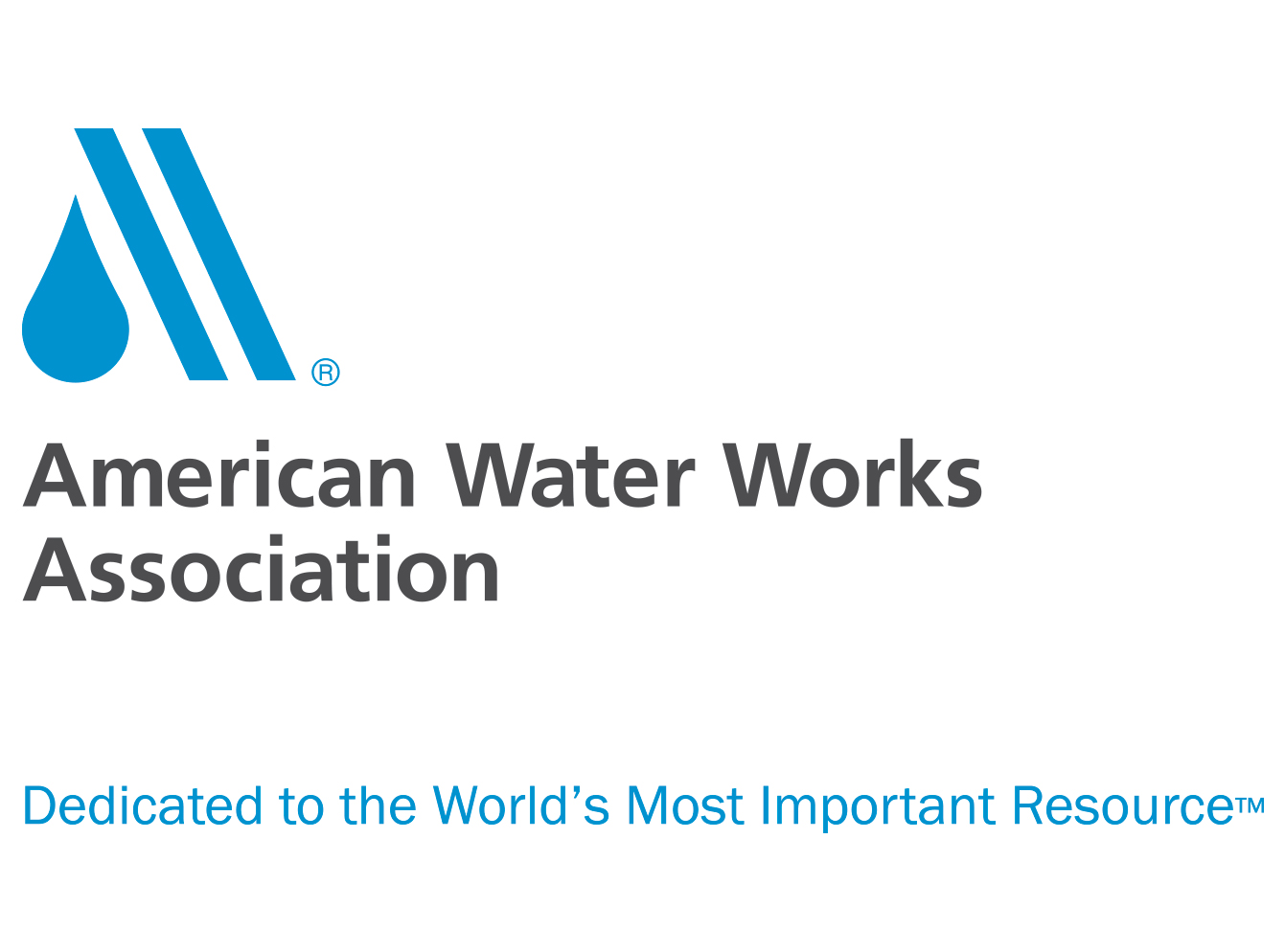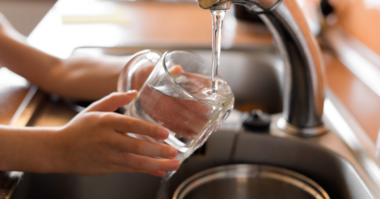The American Water Works Association (AWWA) today celebrated news that 43 entities have expressed interest in loans through the Water Infrastructure Finance and Innovation Act (WIFIA) and urged increased funding to confront the U.S. water infrastructure challenge.
AWWA, the chief architect of the WIFIA program, continues to advocate for WIFIA and State Revolving Funds on Capitol Hill. At the 2017 Water Matters! Fly-In held in March, AWWA delegates met with over 400 Congressional offices, urging robust funding for FY18 for WIFIA and the Drinking Water and Clean Water SRFs.
“With more than $2 trillion needed to repair and expand water and wastewater infrastructure in the coming years, water utilities needed a smart new finance tool to help communities pay for large, critical water projects,” said Tracy Mehan, AWWA Executive Director of Government Affairs. “Funding WIFIA is a tremendous step forward as we confront the nation’s water infrastructure challenge.”
The U.S. Environmental Protection Agency (EPA) solicited letters of interest for 2017 WIFIA loans beginning in January. EPA estimates the $20 million appropriated for WIFIA in its inaugural year will provide approximately $1 billion in credit assistance and finance over $2 billion in water infrastructure investment.
“As a federal-local-private partnership, this program will help expand water infrastructure systems to meet the needs of growing communities,” EPA Administrator Scott Pruitt said this week in announcing the interest in WIFIA loans. “This investment will empower states, municipalities, companies, and public-private partnerships to solve real environmental problems in our communities, like the need for clean and safe water.”
WIFIA leverages federal dollars so that for every dollar Congress appropriates, $50 to $60 is expected to be loaned out.
A proposed 2017 omnibus spending bill, which would keep the government funded through Sept. 30, includes an additional $10 million for WIFIA. Congress is considering the bill this week.
“The overwhelming interest from utilities WIFIA loans suggests Congress should appropriate the maximum amount possible for the program,” Mehan said. “For example, adding $10 million in the 2017 budget more would provide $1.62 billion in credit assistance and finance more than $3 billion in water infrastructure investment.”




